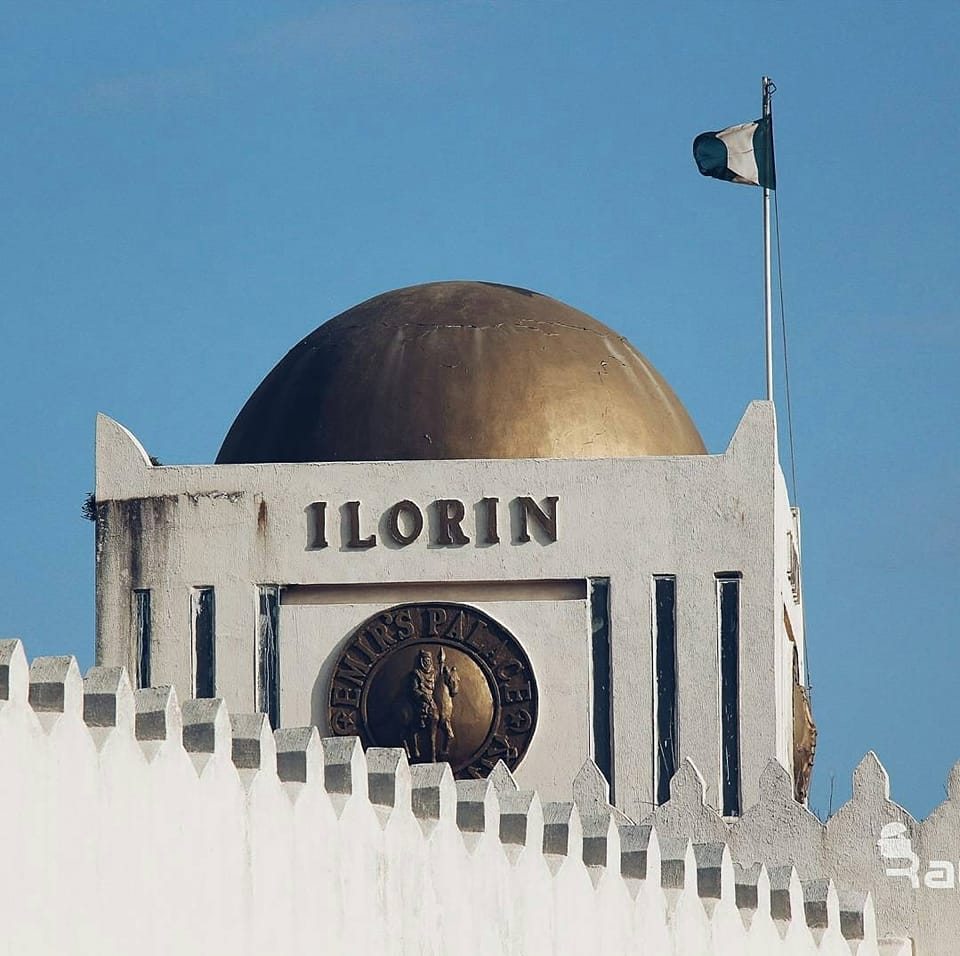« Quick Facts »
Status: Capital of Kwara State
Traditional Ruler: Emir of Ilorin
Indigenes of Ilorin: Ilorites
Tribes: Yoruba, Fulani, Hausa
Ilorin, the capital city of Kwara State is a unique blend of history, scenery, and modernity, where religion is seamlessly intertwined with culture. Its place as primus-inter-pares in the assembly of Nigerian cities is unquestionable.
Predominantly populated by Yoruba-speaking people, Ilorin is a cultural confluence with significant historical and cultural importance within Nigeria.
« History »
Ilorin was originally a settlement founded by the Yoruba people. The name “Ilorin” is believed to derive from “Okuta ilo irin” meaning “stone for sharpening metals”.This name originates from a stone used by every farmer and hunter to fine-tune their metal tools (cutlass, hoe, and co). This peaceful period fostered the growth of a diverse community with strong Yoruba influence.
In the 15th century, Ilorin served as a military outpost for the Alaafin, the paramount ruler of the old Oyo empire (Oyo-Ile). For centuries, Ilorin served as a strategic frontier town, guarding the northern flank of the powerful Oyo. During the period, Ilorin was administered by Afonja, the sixth Are-Ona-Kakanfo (generalissimo) of the Oyo army and the successor of Are-Ona Oku of Jabata.
The 18th century marked a dramatic shift in Ilorin’s trajectory. Afonja, a powerful Yoruba warlord seeking autonomy from the Oyo Empire, joined forces with Shehu Alimi, a charismatic Fulani Islamic scholar. Together, they orchestrated a rebellion that ultimately led to the decline of Oyo’s influence in Ilorin.
After Afonja’s demise, Shehu Alimi and his followers, the Fulanis, assumed control of the city in the early 19th century. Shehu Alimi’s influence ushered in a period of Islamization, transforming Ilorin into a prominent Islamic center. A new political system with an Emir at the helm was introduced, a legacy that continues to this day.
Under the rule, Ilorin evolved into a significant Islamic hub. Grand mosques adorned the cityscape, and Islamic scholarship flourished. Despite this transformation, the city retained its Yoruba roots leading to a remarkable cultural fusion evident in its architecture, language, and social practices.
This blend of Yoruba and Fulani influences has shaped Ilorin’s unique cultural and religious landscape, defining the city’s character today. This cultural merging extends to cuisine, festivals, and everyday life, creating a vibrant and dynamic city.
« Culture »
Ilorin boasts of a rich and diverse cultural heritage that reflects its historical roots and the confluence of various influences over time. The city’s culture is a fascinating historical blend of Yoruba and Fulani influences, creating a unique cultural heritage unlike any other in Nigeria.
« Languages • Traditions »
Yoruba is the predominant language spoken in Ilorin, but due to the city’s diverse population, other languages such as Hausa and English are also widely used. As a city originally founded by the Yoruba people, Ilorin retains strong Yoruba cultural elements.
This influence is evident in the city’s language, traditional attire, festivals, and social customs. Yoruba culture in Ilorin emphasizes respect for elders, communal living, and vibrant artistic expressions, including music, dance, and elaborate beadwork.
« Religion • Festivals»
Religion plays a central role in Ilorin’s culture. The city is a significant Islamic center in Nigeria, with numerous mosques and Islamic schools. The celebration of Islamic festivals such as Eid al-Fitr and Eid al-Adha is grand, marked by communal prayers, feasts, and various cultural activities.
Despite the dominant Islamic influence, traditional Yoruba religious practices and festivals are also observed. This merging of traditions creates a unique and dynamic cultural landscape.
« Gallery »
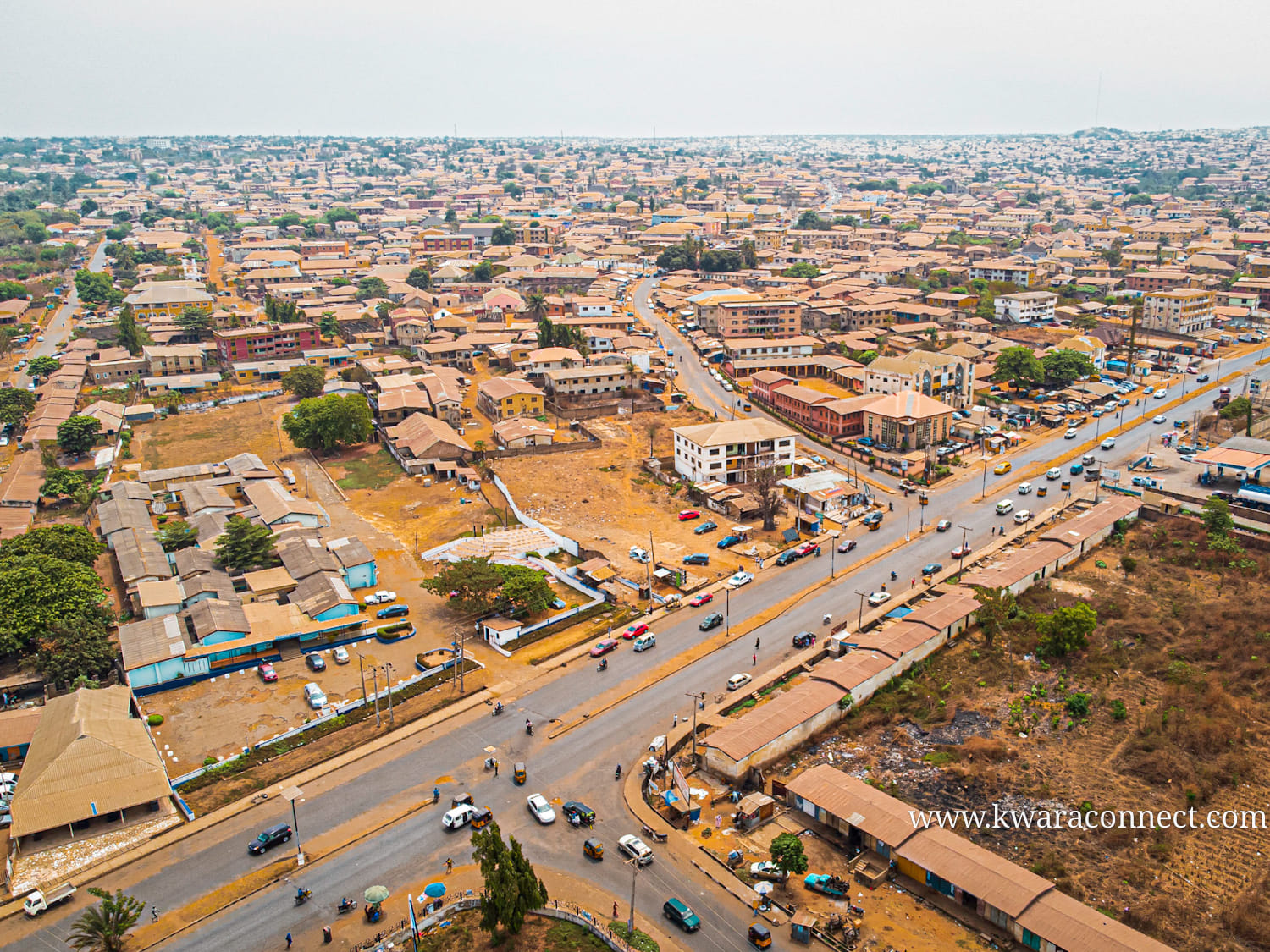
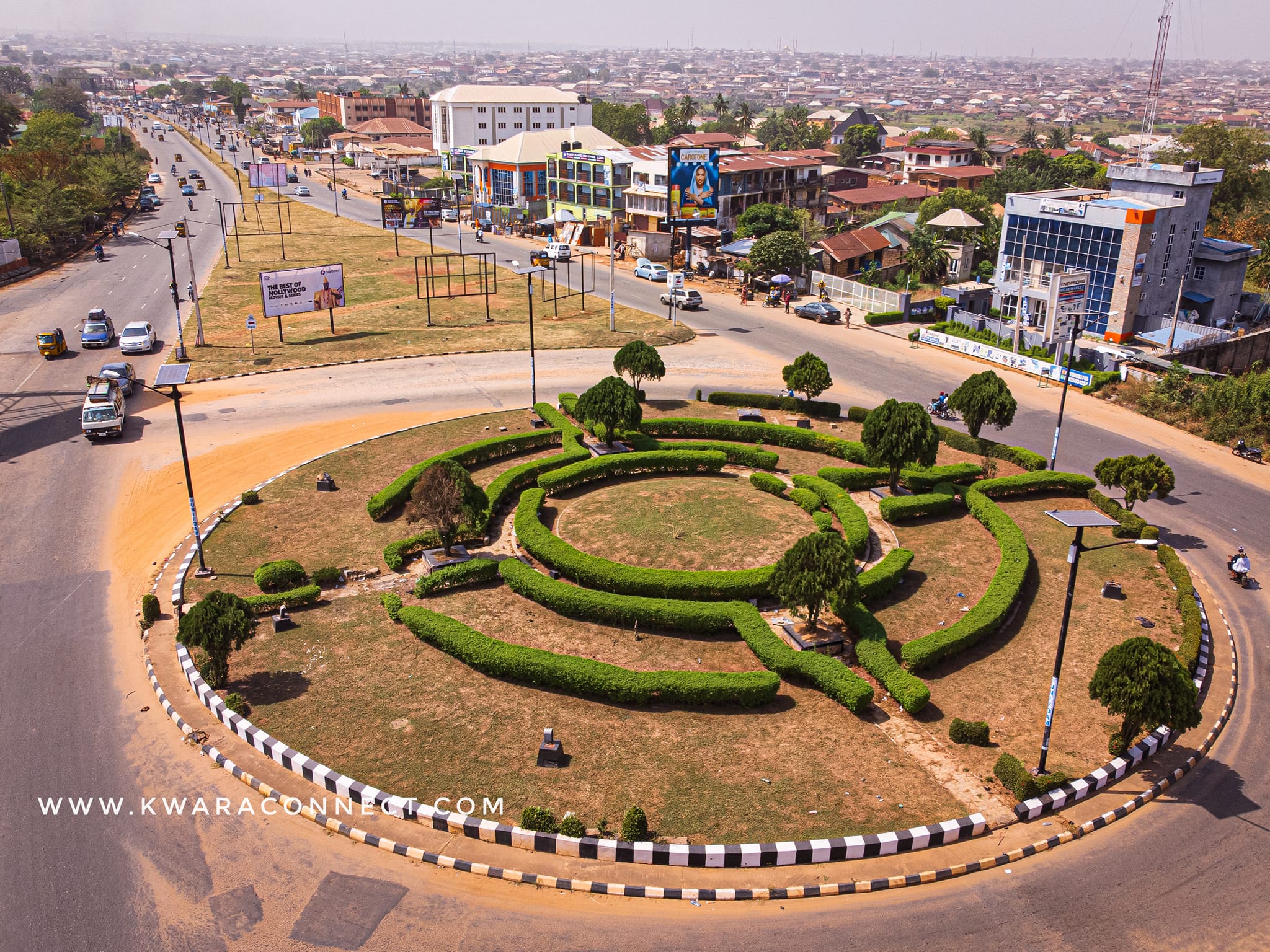
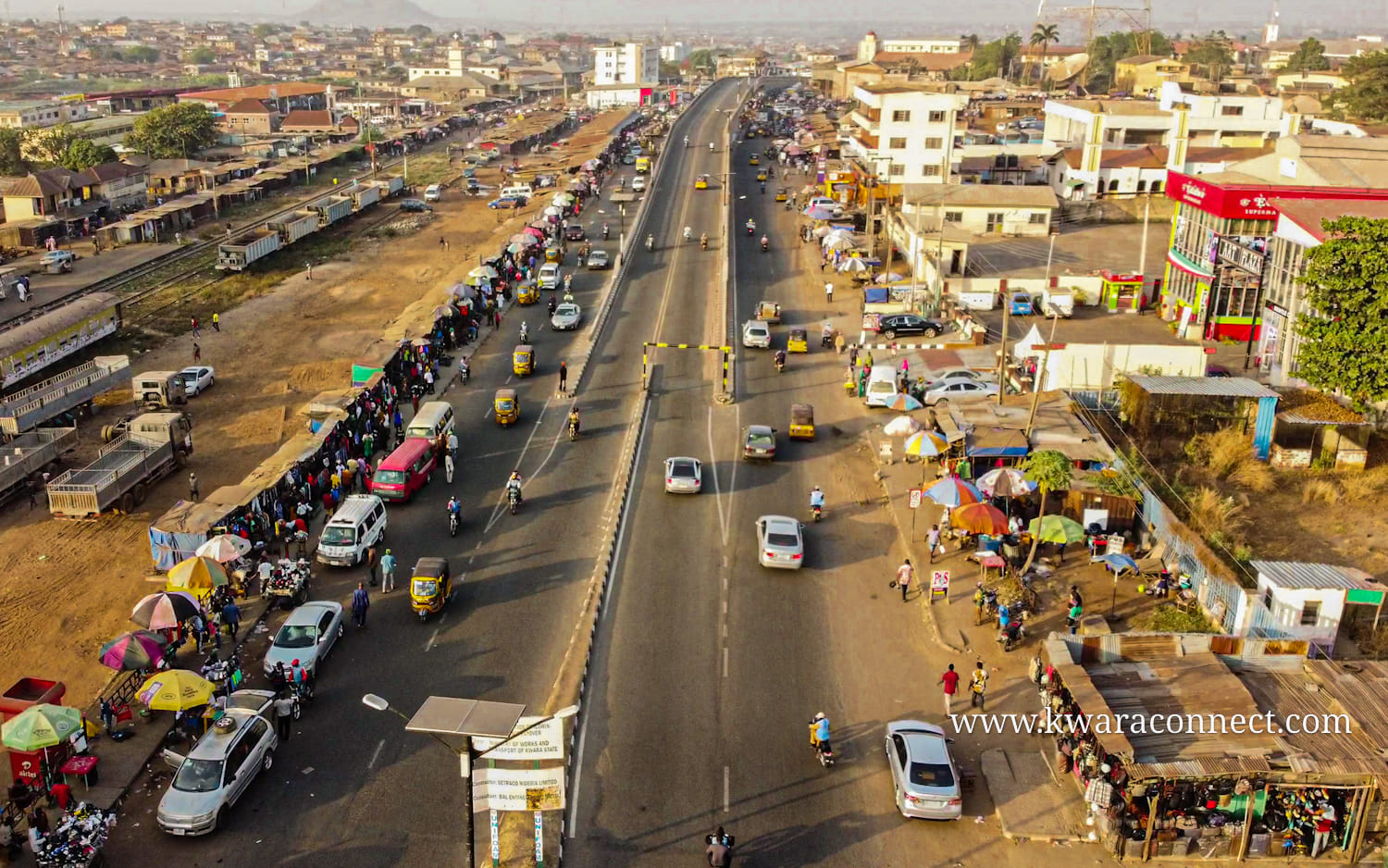
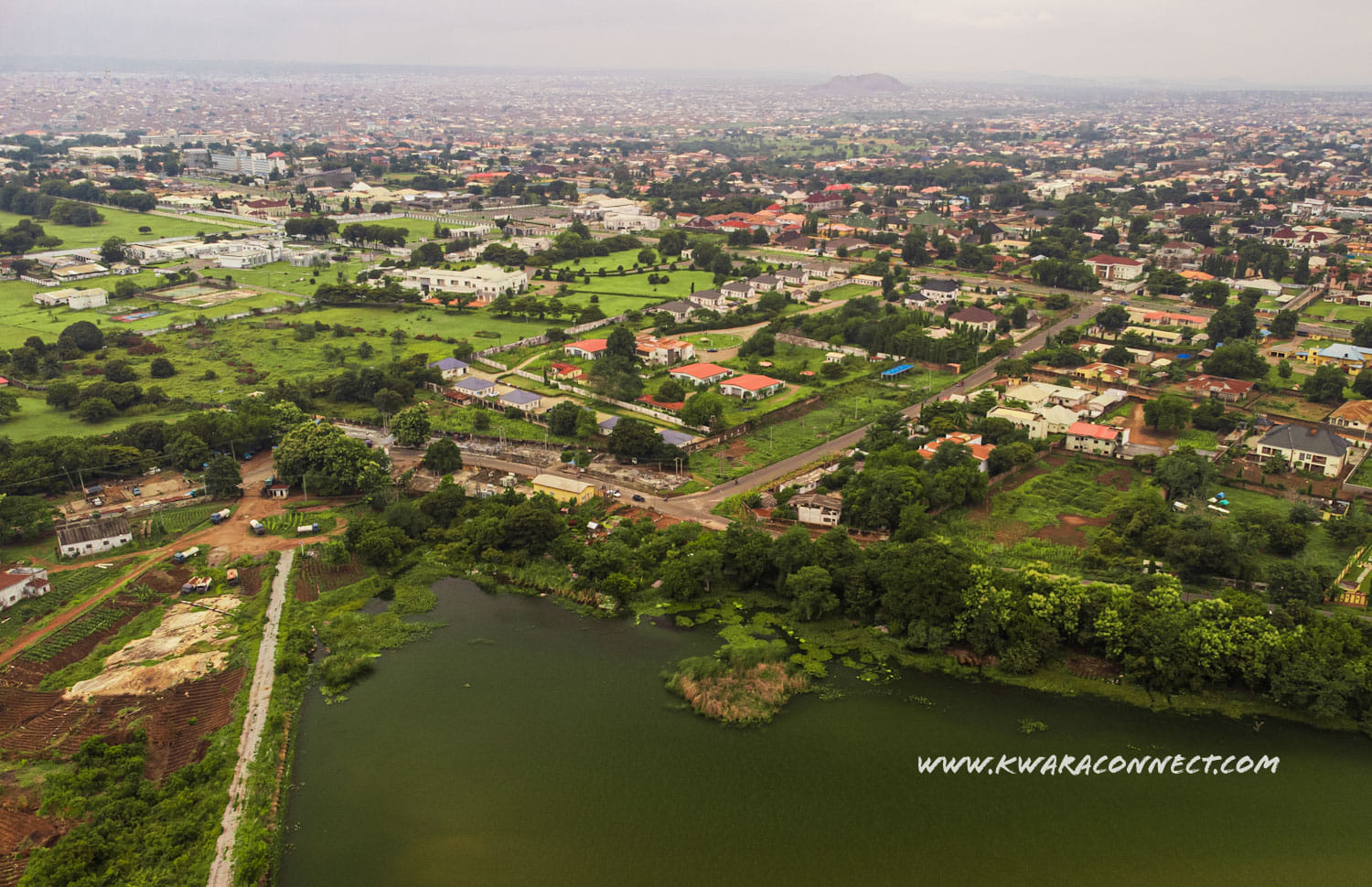
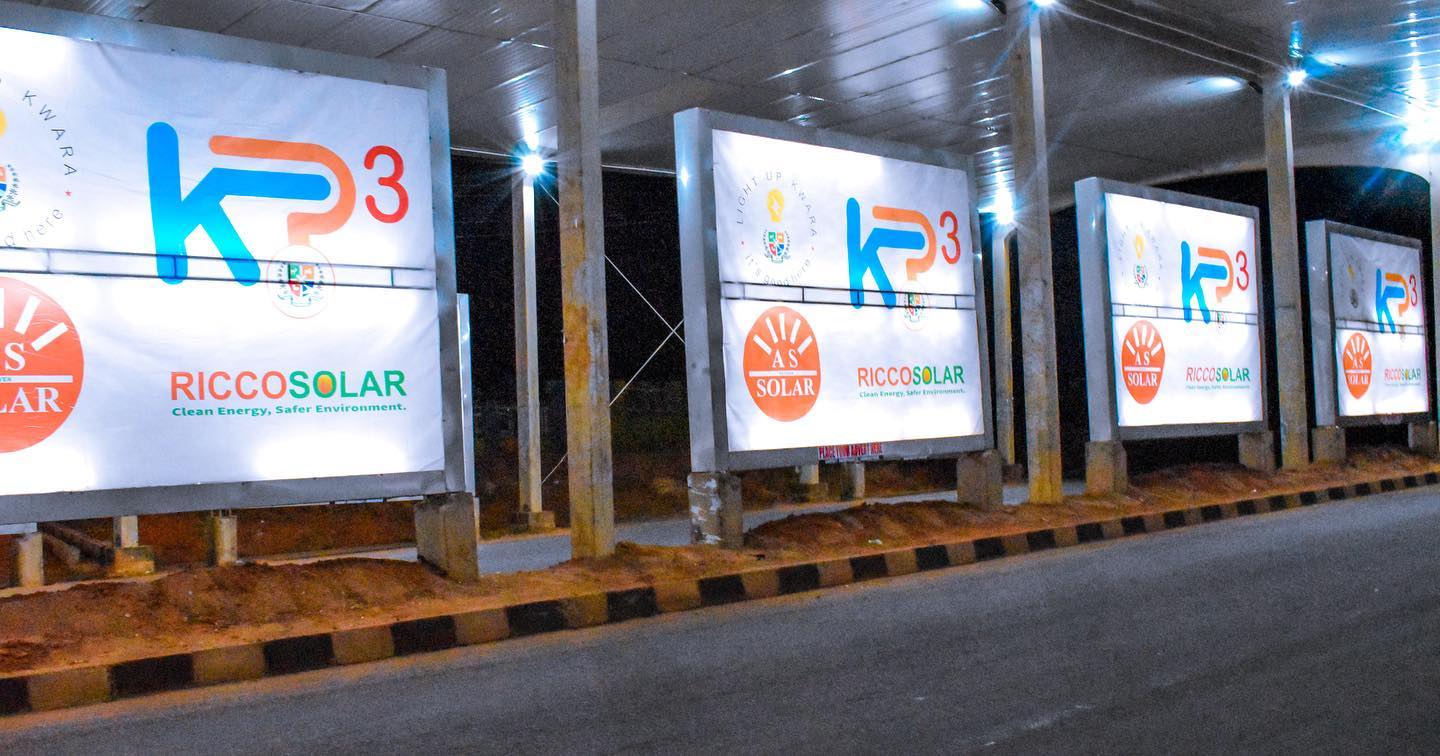
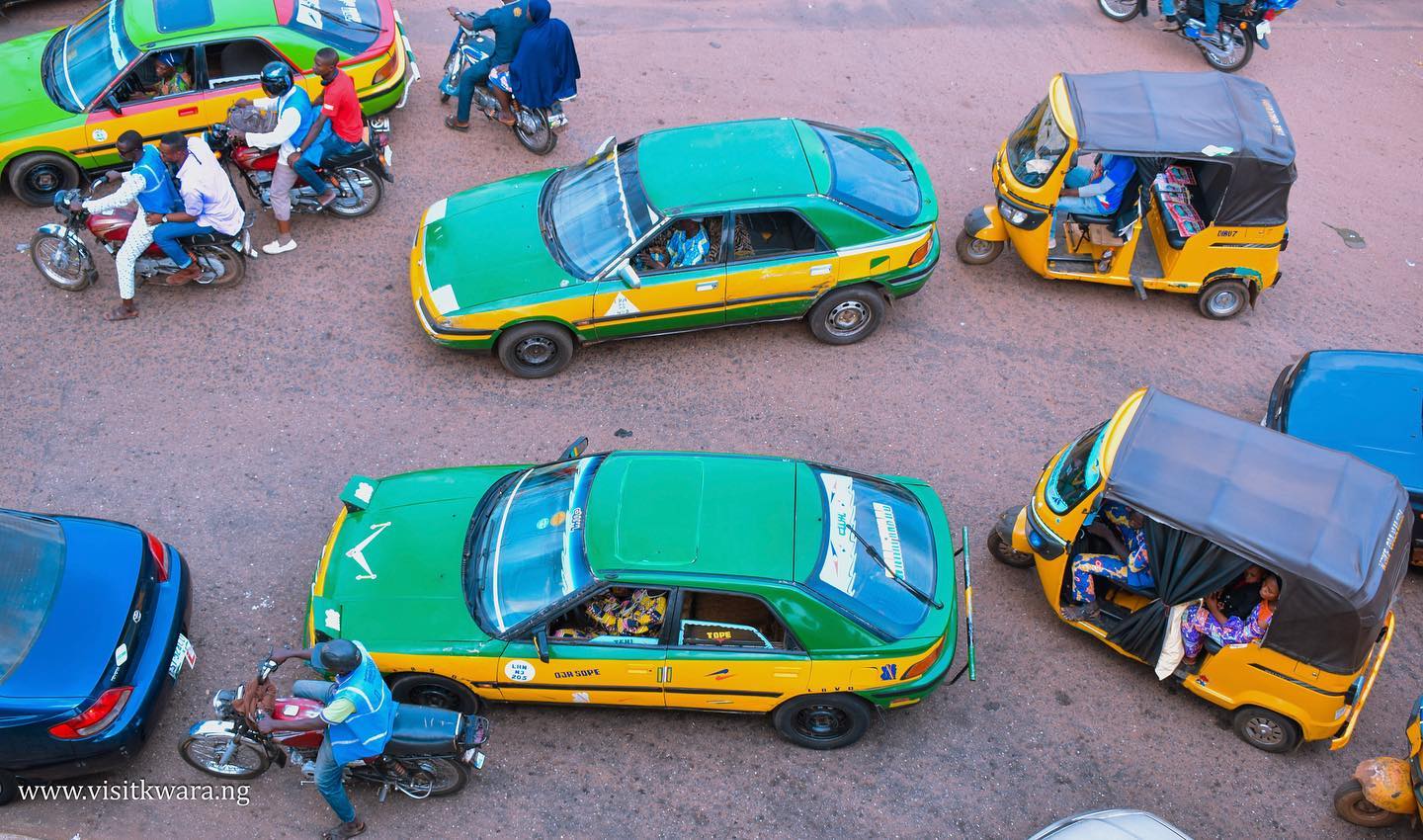
« Culture • Tourism »
Kwara State boasts a rich cultural heritage, with various traditional festivals, dances, and music. The state is known for its vibrant cultural expressions, including the Durbar festival, which is a colorful display of horsemanship and traditional regalia; the traditional wrestling competition Ijakadi festival; and the Awon Mass Wedding in Shao.
Tourist attractions in Kwara include the Esie Museum, famous for its ancient stone carvings; Owu Waterfalls, one of the highest and most spectacular waterfalls in West Africa; and the Sobi Hill, the largest landform in Ilorin. There is also Imoleboja Rock Shelter, Ogunjokoro, Agbonna Hill, and Ero Omola Waterfall another notable tourist destination in the region.
« Art • Craft »
Ilorin’s artistic traditions are a visual representation of its cultural fusion. Traditional Yoruba art forms, such as beadwork, pottery, woodcarving, and textiles, coexist with Islamic calligraphy and architecture. The city is renowned for its skilled artisans who produce intricate leatherwork, metalwork, and woven fabrics, reflecting the rich cultural synthesis.
« Cuisine »
The culinary culture of Ilorin is a delightful blend of Yoruba and Northern Nigerian flavors. Traditional dishes such as Amala ((yam flour pudding), Gbegiri (bean soup), Ewedu (jute leaves soup), and Tuwo Shinkafa (rice pudding) are popular.
Islamic dietary laws influence the cuisine, with halal food being widely available. The city’s food culture is a testament to its diverse heritage, offering a variety of dishes that cater to different tastes.
« Music • Dance »
Music and dance are integral to Ilorin’s cultural life. Yoruba traditional music, characterized by the use of talking drums and other percussion instruments, is popular in the city.
Islamic music, including Nasheeds (Islamic devotional songs), also holds a significant place, especially during religious ceremonies and festivals. Dance forms such as the Bata dance are performed during cultural and social events, showcasing the rhythmic and expressive nature of Yoruba dance.
« Clothing • Fashion »
Traditional Yoruba attire, such as the flowing Agbada for men and the colorful Iro and Buba for women, is commonly worn, especially during festivals and religious occasions.
Islamic influence is also evident in the modest clothing styles preferred by many residents. The blending of these sartorial traditions creates a unique fashion culture in Ilorin.
« Landmarks • Attractions »
Ilorin is home to several significant landmarks and attractions that reflect its rich cultural, historical, and natural heritage. This includes the Emir’s Palace, which serves as a symbol of the city’s Islamic heritage and traditional authority, and the Ilorin Central Mosque is a significant attraction for its impressive architecture, featuring minarets and domes.
Other attractions include the Sobi Hill, offering panoramic views of the city, and the Dada Pottery, where traditional pottery techniques are still practiced. There is also Okuta Ilorin, a stone used by the first settlers of Ilorin to sharpen their tools and where the town “Ilorin” derived its name.


